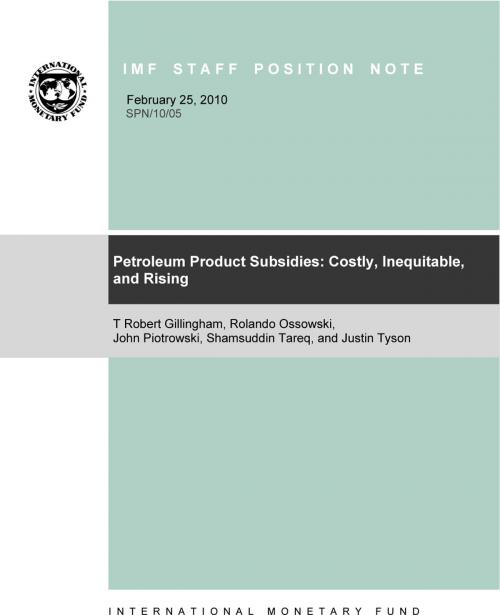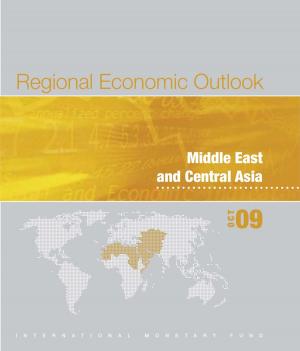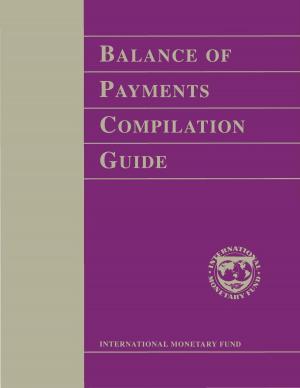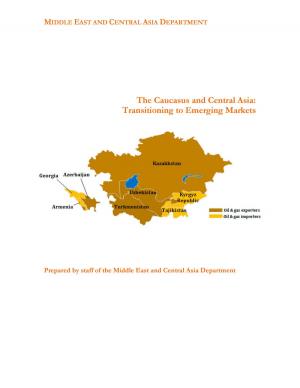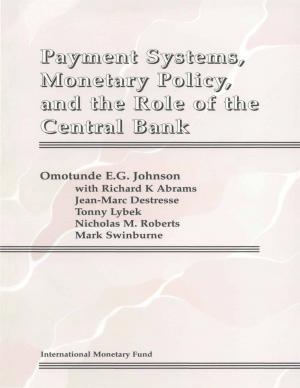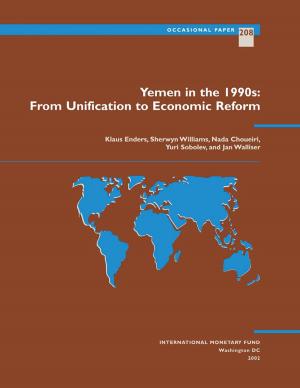Petroleum Product Subsidies: Costly, Inequitable, and On the Rise (EPub) (PDF Download)
Business & Finance, Economics, Money & Monetary Policy, Macroeconomics| Author: | John Piotrowski, David Coady, Justin Tyson, Rolando Mr. Ossowski, Robert Mr. Gillingham, Shamsuddin Mr. Tareq | ISBN: | 9781452785639 |
| Publisher: | INTERNATIONAL MONETARY FUND | Publication: | February 25, 2010 |
| Imprint: | INTERNATIONAL MONETARY FUND | Language: | English |
| Author: | John Piotrowski, David Coady, Justin Tyson, Rolando Mr. Ossowski, Robert Mr. Gillingham, Shamsuddin Mr. Tareq |
| ISBN: | 9781452785639 |
| Publisher: | INTERNATIONAL MONETARY FUND |
| Publication: | February 25, 2010 |
| Imprint: | INTERNATIONAL MONETARY FUND |
| Language: | English |
Petroleum product subsidies have again started to increase with the rebound in international prices. This note reviews recent developments in subsidy levels and argues that reforming the policy framework for setting petroleum product prices is necessary to reduce the fiscal burden of these subsidies and to address climate change. Between 2003 and mid-2008, global consumer subsidies for petroleum products are estimated to have increased more than eightfold, from $57 billion to $490 billion. Although subsidies decreased to $136 billion by mid-2009, they are projected to increase to $237 billion by end-2010 (or nearly 0.3 percent of global GDP). Tax-inclusive subsidies, reflecting sub-optimal taxation of petroleum products, are projected to increase to $733 billion, or 1.0 percent of global GDP. G-20 countries account for over 70 percent of tax-inclusive subsidies. Halving tax-inclusive subsidies could reduce projected fiscal deficits in subsidizing countries by one-sixth and greenhouse emissions by around 15 percent. Subsidy reform strategies should contain measures to mitigate the impact of higher prices on the poorest groups.
Petroleum product subsidies have again started to increase with the rebound in international prices. This note reviews recent developments in subsidy levels and argues that reforming the policy framework for setting petroleum product prices is necessary to reduce the fiscal burden of these subsidies and to address climate change. Between 2003 and mid-2008, global consumer subsidies for petroleum products are estimated to have increased more than eightfold, from $57 billion to $490 billion. Although subsidies decreased to $136 billion by mid-2009, they are projected to increase to $237 billion by end-2010 (or nearly 0.3 percent of global GDP). Tax-inclusive subsidies, reflecting sub-optimal taxation of petroleum products, are projected to increase to $733 billion, or 1.0 percent of global GDP. G-20 countries account for over 70 percent of tax-inclusive subsidies. Halving tax-inclusive subsidies could reduce projected fiscal deficits in subsidizing countries by one-sixth and greenhouse emissions by around 15 percent. Subsidy reform strategies should contain measures to mitigate the impact of higher prices on the poorest groups.
